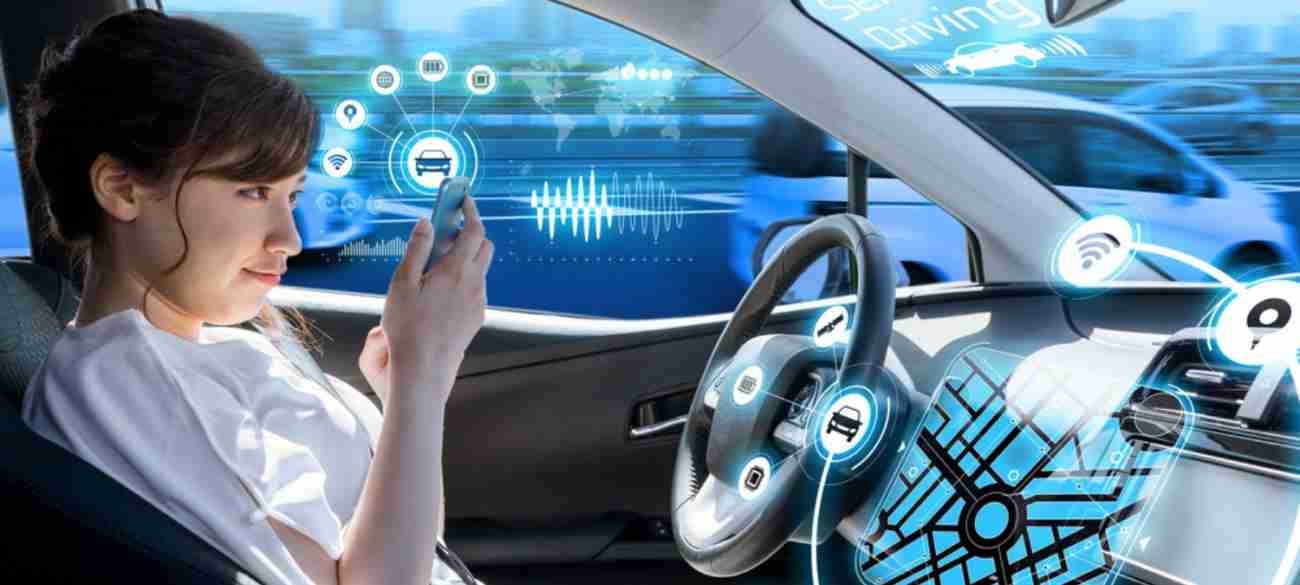For ages, self-driving cars seemed straight from sci-fi. With today's tech advances, autonomous vehicles may be rolling up sooner than expected. These so-called "driverless" cars utilize cameras, sensors, LIDAR, and AI to navigate the road without or with minimal human intervention. While not fully self-driving yet, many new models already have autonomous features alongside manual controls.
As this tech improves, self-driving could go mainstream. Normalizing self-driving cars would reshape life dramatically, from urban design to daily commuting. There would be less need for parking lots if cars can park themselves. Self-driving also raises big challenges around safety, responsibility, and ethics that will need to be addressed. The road ahead remains uncertain but undoubtedly transformative. Self-driving cars aren't here entirely yet, but they're accelerating toward reality. Love them or hate them, autonomous vehicles are going to change transportation and society in ways we can barely imagine. The future of driving is far from boring.
Navigating the Road Ahead
Self-driving cars employ a suite of sensors to constantly scan their surroundings, “seeing” farther than any human driver. Onboard computers analyze visual data to identify pedestrians, cyclists, traffic signals, and road conditions, plotting safe routes. With about 40,000 Americans dying annually in car crashes due to human error, proponents argue autonomous technology promises much safer travel. Significant challenges remain before self-driving cars can cruise into the mainstream. Perfectionist programming is essential to avoid catastrophic software glitches. Autonomous vehicles also require highly detailed 3D road maps and complex infrastructure to function properly. That’s not to mention legal frameworks and insurance protocols on the questions of liability.
Shifting Lifestyles into High Gear
Self-driving cars could really shake things up. Shared self-driving cars may mean less sprawl, freeing space for parks and homes. With fewer traffic jams, commutes get faster and less stressful. Autonomous vehicles can't solve everything, but they'll create serious changes. Cities, jobs and lives may look way different down the road. However, some experts warn driverless cars could increase traffic and emissions as the improved convenience of autonomous travel causes a surge in mileage. Many self-driving vehicles are going electric to combat the effects of more cars on the road. Autonomous technology also raises concerns about massive job losses, with over three million truck and taxi driving positions threatened. Of course, new opportunities will emerge in engineering, remote fleet operation, traffic control, and more. There will also be a huge need for mechanics and technicians to maintain these new vehicles and schools to train them. On an individual level, self-driving cars promise to revolutionize personal mobility and free up leisure time. The elderly, disabled, and other non-drivers would have new independence and access. Parents could send children to school or activities unsupervised. For commuters, travel time could be used to work, rest, or socialize.
Plotting the Course Ahead
As we steer towards a future where autonomous vehicles redefine our roadways and lifestyles, consider seizing the opportunity to empower the next generation of automotive technicians by donating your old car to Newgate School; not only will you be contributing to an eco-friendly solution by recycling your vehicle, but you'll also be fueling a pathway that ensures our society is well-equipped with skilled professionals to navigate the evolving landscape of transportation technology.

